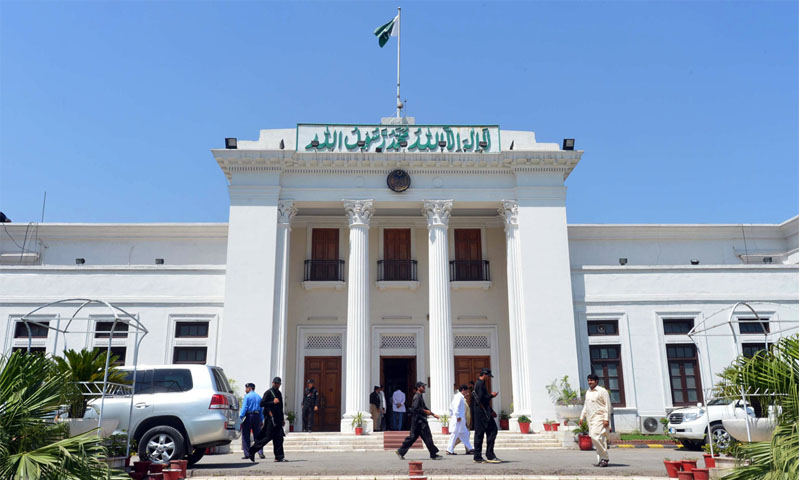- Web Desk
- Feb 24, 2026
KP plans to tax agriculture income, establish new force
-

- Web Desk
- Jan 24, 2025

PESHAWAR: The Khyber Pakhtunkhwa government has introduced the Agriculture Income Tax Bill 2025 in the provincial assembly, proposing a new taxation framework for agricultural land and income in the province.
According to the proposed bill presented in the assembly on Friday, tax will be levied on cultivated land exceeding 50 acres and uncultivated land exceeding 100 acres. Farmers failing to pay the tax will face a penalty of 0.1% per day, which will be imposed by the tax collector.
The tax structure is divided into three zones. In Zone-I, owners of land between 12.5 and 25 acres will pay a tax of Rs1,200 per acre. However, Rs900 per acre will be charged for land of the same range in Zone-II.
Similarly, in Zone-III, the tax rate will be Rs500 per acre for land between 12.5 and 25 acres.
The bill also aims at bringing small farmers under the tax net as it proposes an income-based tax on agricultural income.
According to the plan, annual agriculture income between Rs600,000 and Rs1.2 million will be taxed at 15%; income between Rs1.2 million and Rs1.6 million at 20%; income between Rs1.6 million and Rs3.2 million at 30%; and agriculture income between Rs3.2 million and Rs5.6 million at 40%.
Moreover, income exceeding Rs5.6 million will face a massive tax rate of 45%.
The bill has also brought corporate farming under the tax net, with small companies taxed at 20% and larger companies at 29% on their annual agricultural income.
Additionally, the Khyber Pakhtunkhwa Regulatory Force Bill 2025 was also presented in the assembly, which proposes the creation of a district-level regulatory force modeled after the police forces.
According to the bill, this force will act against the violations of at least 19 laws, including those about environmental protection, electricity theft, and price control.
As part of the plan, district uniforms and separate police-style stations will be established for the force, with the flexibility to increase the number of stations as needed.
The force will also manage crime investigations, transport criminals to courts, and carry out other assigned directives.
The force will operate in every district under a centralized head office in Peshawar.




